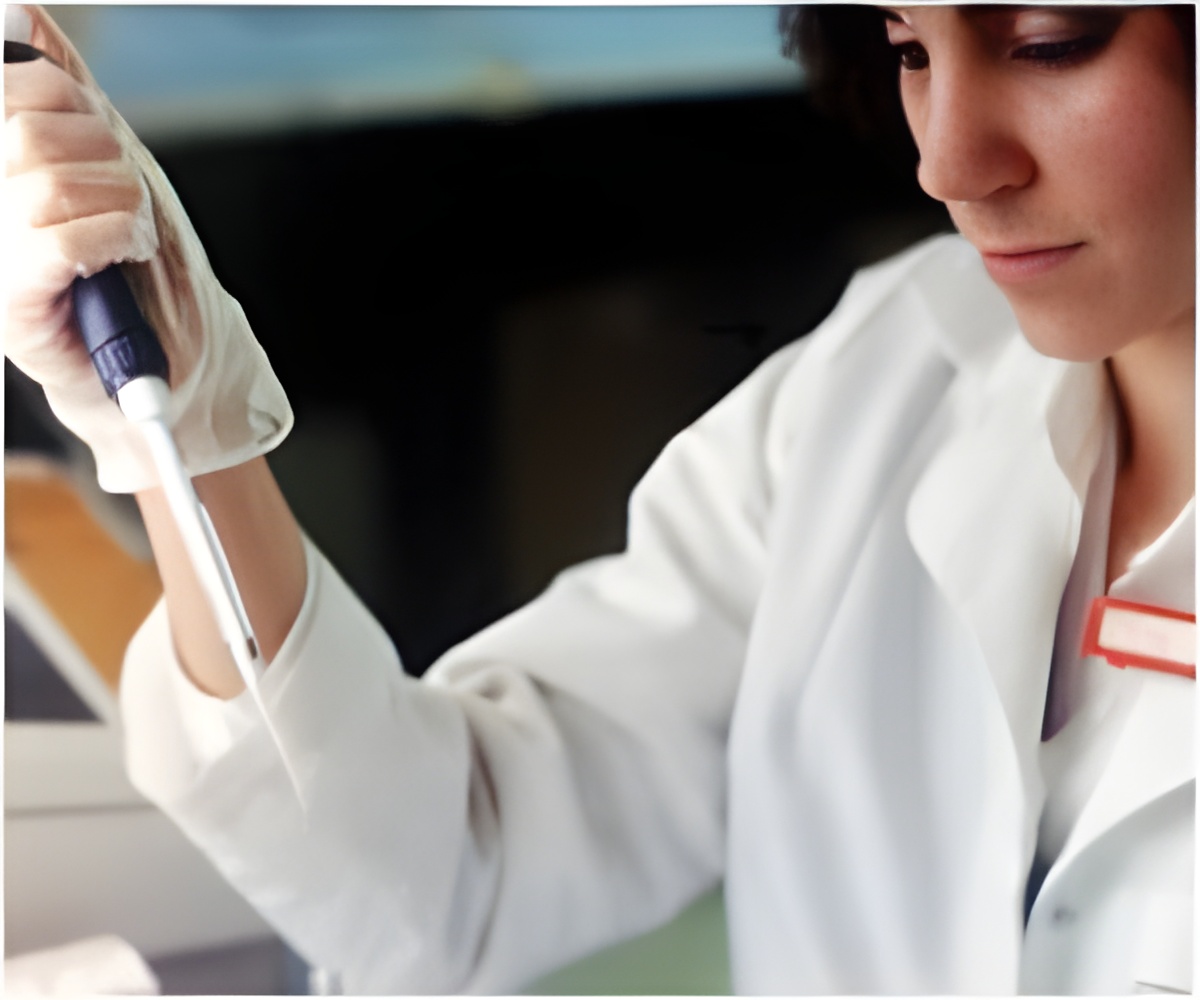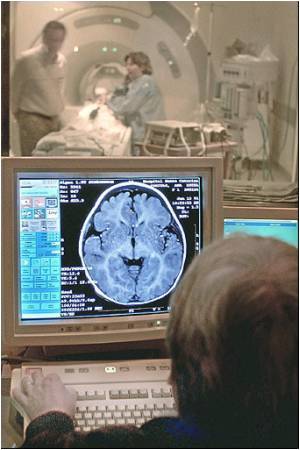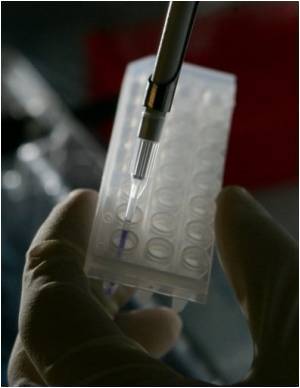A report on recommendations of a molecular diagnostics curriculum at both the baccalaureate and master's levels of education was released today by AMP in The Journal of Molecular Diagnostics.

In addition, the curriculum recommendations are directed towards three major academic levels of laboratory scientists who perform molecular diagnostic testing - the generalist MLS/CLS, and both the bachelors and masters-level lab scientists with specialized molecular training.
AMP concludes that up-and-coming molecular diagnostic laboratory scientists should complete an NAACLS accredited training program, then become certified or licensed in their state of employment. The specific curriculum recommendations, if adopted, will prepare tomorrow's medical laboratory scientists for the reality that molecular diagnostics are an integral and growing part of the clinical diagnostic laboratory.
"As the organization that is home to all molecular diagnostic professionals, AMP has a responsibility to help guide the training for future molecular technologists," said Elaine Lyon, PhD, AMP President. "The demand for specially-trained scientists who are capable of performing high complexity testing is growing. The recommendations set forth by the MLS Task Force will help to support the rapid advances in genomic technology and techniques."
Source-Eurekalert
 MEDINDIA
MEDINDIA




 Email
Email




